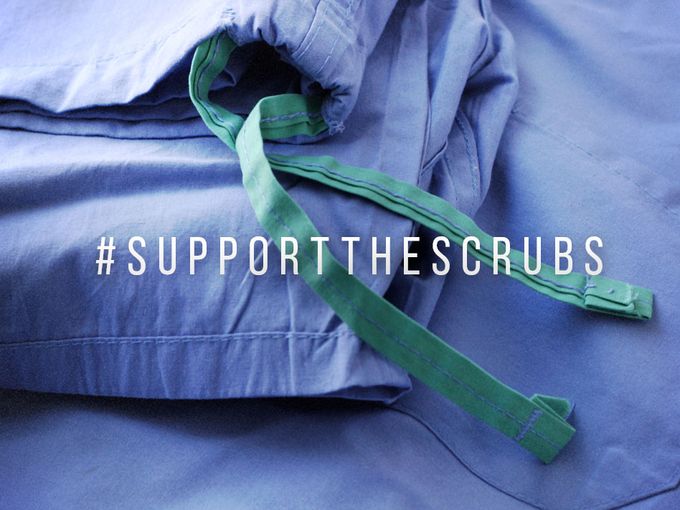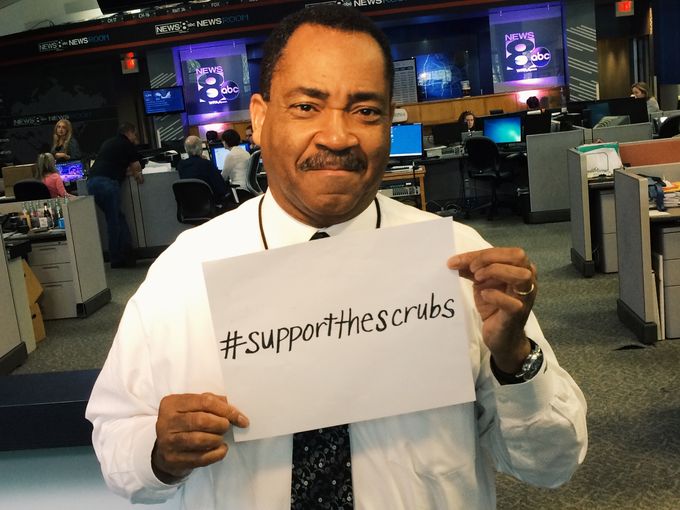Hair Loss News:
A man with a rare autoimmune disease that left him hairless was able to grow hair after treatment with an arthritis drug, Medical News Today reported.
The 25-year-old man has alopecia universalis, a rare autoimmune disease that causes hair loss over the entire body when the immune system mistakenly attacks hair follicles. Doctors at Yale University tried an unusual treatment using an FDA-approved drug, tofacitinib citrate, which is designed to treat the autoimmune disease rheumatoid arthritis. The patient was able to regrow a full head of hair, eyebrows and eyelashes, facial, groin and other hair.
The drug had been shown to successfully treat a less extreme form of alopecia in lab rats and this is the first reported case of success in a person.
“There are no good options for long-term treatment of alopecia universalis,” Prof. King explains, “The best available science suggested this might work, and it has,” senior author Brett A. King, an assistant professor of dermatology at Yale University School of Medicine, said.
The patient also had been diagnosed with plaque psoriasis, a condition that causes scaly red patches to develop on the skin. Prior to treatment, the only hair he had on his body were on the psoriasis plaques on his head.
After eight months of tofacitinib treatment, the patient has regrown all his hair and has not reported any side effects. Prior to treatment, he did not have any hair on his scalp or face for seven years.
Researchers suggested that the drug works by stopping the immune system from attacking hair follicles. King has proposed a trial using a cream form of the medicine as a treatment for alopecia areata.
There are 2.5 million Americans with alopecia areata, according to the National Organization for Rare Disorders. Symptoms typically surface during childhood.
This News is brought t you courtesy of Dr. Mark Bishara and The Paragon Plastic Surgery & Med Spa
En Espanol
Pérdida del cabello Noticias:
Un hombre con una enfermedad autoinmune poco frecuente que lo dejó sin pelo era capaz de hacer crecer el cabello después del tratamiento con un medicamento para la artritis, informó Medical News Today.
El hombre de 25 años de edad tiene alopecia universal, una enfermedad autoinmune poco común que causa la pérdida de cabello en todo el cuerpo cuando el sistema inmunológico ataca equivocadamente los folículos pilosos. Los médicos de la Universidad de Yale intentaron un tratamiento inusual uso de un medicamento aprobado por la FDA, tofacitinib citrato, que está diseñado para el tratamiento de la artritis reumatoide enfermedad autoinmune. El paciente fue capaz de regenerar una cabeza llena de cabello, cejas, pestañas, cara, la ingle y el otro pelo.
La droga había sido demostrado con éxito para tratar una forma menos extrema de la alopecia en ratas de laboratorio y este es el primer caso de éxito de una persona.
“No hay buenas opciones para el tratamiento a largo plazo de alopecia universal,” Prof. Rey explica, “la mejor ciencia disponible sugiere que esto podría funcionar, y tiene” el autor principal Brett A. King, profesor asistente de dermatología en la Universidad de Yale Escuela Universitaria de Medicina, dijo.
El paciente también había sido diagnosticada con psoriasis en placas, una condición que causa manchas rojas escamosas de desarrollar en la piel. Antes del tratamiento, el único pelo que tenía en su cuerpo estaban en las placas de psoriasis en la cabeza.
Después de ocho meses de tratamiento tofacitinib, el paciente ha vuelto a crecer todo su pelo y no se ha reportado ningún efecto secundario. Antes del tratamiento, él no tenía ningún pelo en el cuero cabelludo o la cara durante siete años.
Los investigadores sugirieron que el medicamento actúa deteniendo el sistema inmunitario ataque los folículos pilosos. King ha propuesto un ensayo mediante un formulario crema de la medicina como un tratamiento para la alopecia a reata.
Hay 2,5 millones de estadounidenses con alopecia areata, de acuerdo con la Organización Nacional de Enfermedades Raras. Generalmente, los síntomas superficiales durante la infancia.
Esta noticia es llevado t usted por cortesía del Dr. Mark Bishara y La Cirugía Plástica y Paragon Med Spa






